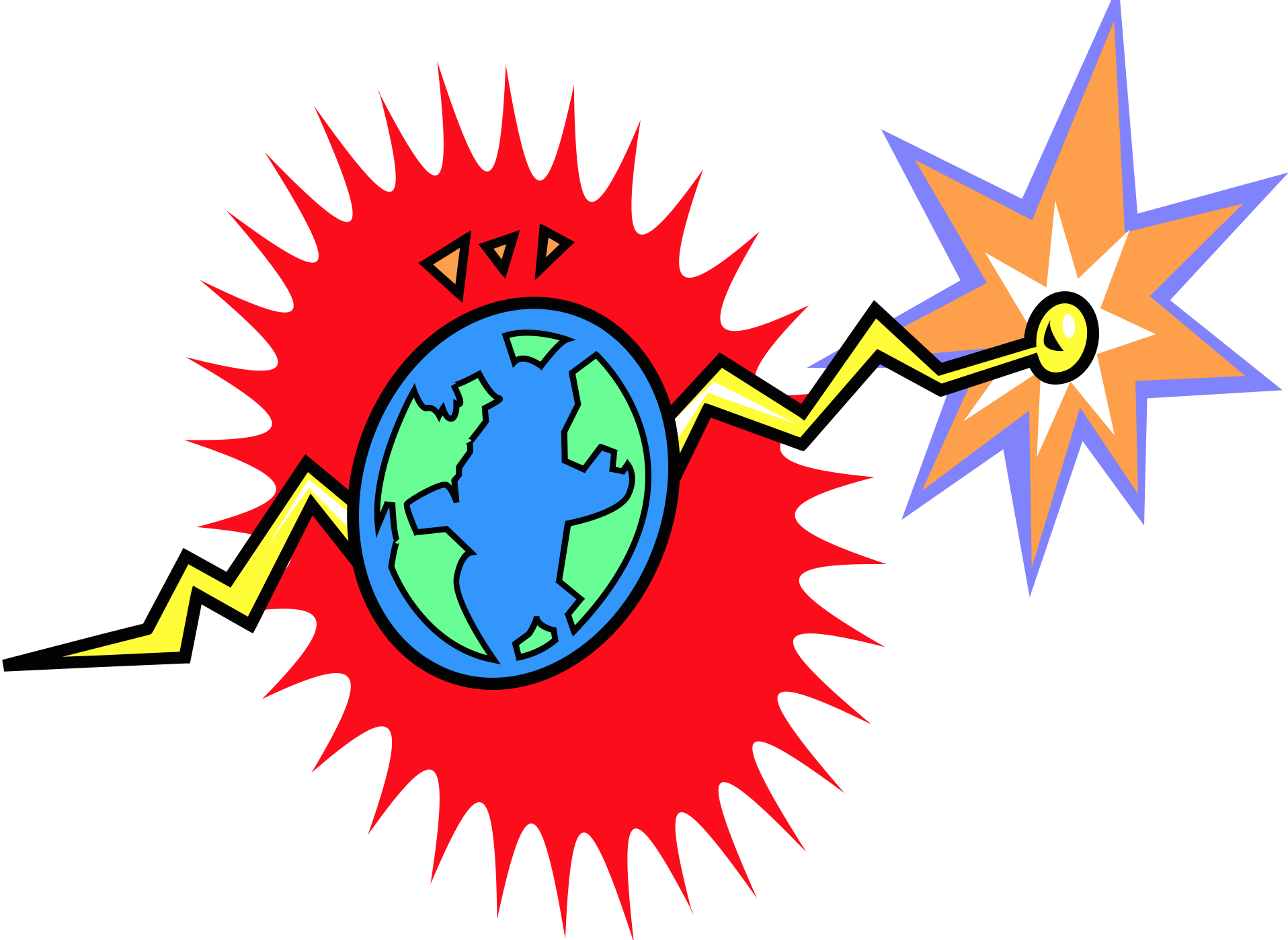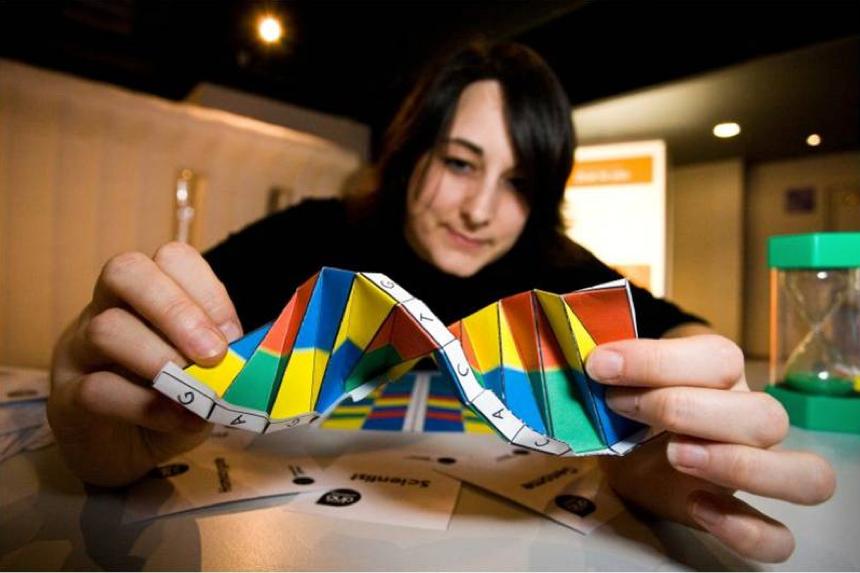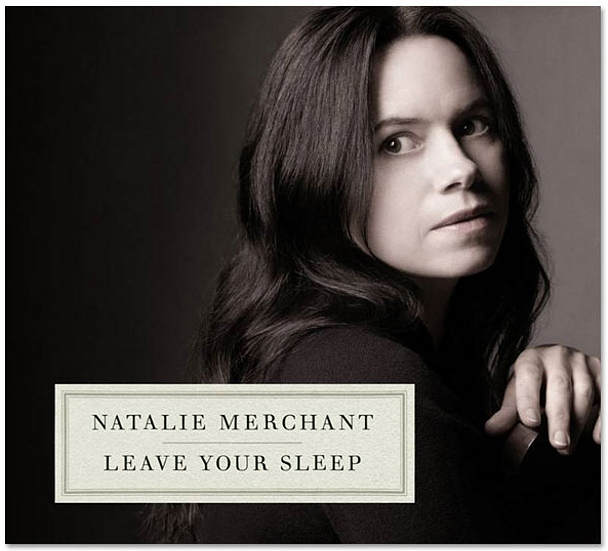AT&T is keeping secrets. I called to change my U-verse service and discovered 24Mbps Internet is available in my area for same price as 18Mbps. That was a brainless upgrade. AT&T calls the 24Mbps service […]


AT&T is keeping secrets. I called to change my U-verse service and discovered 24Mbps Internet is available in my area for same price as 18Mbps. That was a brainless upgrade. AT&T calls the 24Mbps service […]

The toughest challenge for any newsroom is being the story. How should editors report about the news when they’re it, particularly if there are legal matters? That’s exactly Gizmodo‘s situation, following a Friday night police raid of editor Jason Chen’s home. Gizmodo waited until Monday to post about the search and seizure of items from Jason’s home, which included four computers and two servers. Gizmodo has responded tactfully from editorial and legal perspectives.

There seems to be a fundamental misunderstanding among many bloggers, journalists and the general public about the purpose of shield laws. They are not meant to protect journalists. The laws exist to protect journalists’ sources. The shield extends to journalists so they can’t be forced to reveal confidential sources or to have information about their sources forcibly seized.
OK, now this cool. Yesterday, as part of the Rhythm of London festival, a busking competition concluded. Winners will get a free one-year license to busk in the London Tube. Competitors uploaded videos to YouTube (haha […]

My wife and I went to San Diego’s Ocean Beach earlier today. Hey, it was sunny here in Southern California and good day to use my new Sigma DP2s. The camera captures rich detail and […]
[vimeo https://vimeo.com/11086952]
If you can view the video clip above, Vimeo has not been compelled to take it down. Gulp, yet. The clip, using new subtitles, is from “Der Untergang“—”The Downfall: Hitler and the End of the Third Reich”. I rented the captivating German film from Nextflix in August 2005. In the original scene, Hilter learns that he has lost the war. Its revision is one of the most successful and visible Internet memes of the last half decade. The scene has been repeatedly parodied, replacing the subtitles so that Hitler rages about something else.
Did you really need to publicly shame the poor guy with his full name and photo? Don’t you think he feels bad enough already? Did that really add anything to the story? You just took […]

I have deeply mixed feelings about siding with Apple and not Gizmodo regarding the iPhone prototype the Weblog paid to acquire. After all, as a seasoned journalist, I should strongly advocate no-questions-asked free speech. Instead, last night I blogged for Betanews: “Apple should sue Gizmodo over stolen iPhone prototype“. I had planned to write something here, but Betanews founder Nate Mook asked for a story, which I gladly delivered.

Yesterday, I sat around a photography studio for about three hours, while my daughter had portfolio pics taken. This painting of Jesus Christ’s crucifixion intrigued me, in part because of the surroundings. I actually don’t […]

As a science geek, college biology major (decades ago) and pragmatist, I am appalled that any person or company is granted patents over genes. It’s simply unconscionable to grant ownership over laws of nature, which allowance defies centuries of sound legal prudence. If the Obama Administration and 111th Congress want to do some more meaningful health-care reform, abolishing gene patents would be the right place to start.
There is something so oddly together about where genes started and where they are today. In February 1953, Francis Crick and James Watson uncovered “the secret of life” when identifying the structure of deoxyribonucleic acid, more widely known as DNA. Their pioneering work later led to the Human Genome Project, which when completed in 2003 identified “the approximately 20,000-25,000 genes in human DNA,” according to official information.
For the old-line moguls atop companies like Dow Jones, New York Times Company, Condé Nast and Time Inc., the excitement around the iPad must have seemed like a godsend: Suddenly, they could stick to their […]

On New Music Tuesday, Natalie Merchant returned, with album “Leave Your Sleep”; her first in seven years. The amazing, 26-song collection indirectly comments on the value of public domain.